The European Citizens’ Initiative (ECI) is the world’s first, and still only, transnational tool of participatory democracy. It allows EU citizens to propose legislation directly to the European Commission by collecting one million signatures across at least seven Member States. It puts real agenda-setting power into the hands of the people, connecting citizens directly with EU decision-makers.
To launch an initiative, a group of seven citizens from seven different EU countries must first register their proposal with the European Commission, in an area where the EU has the power to act. Once approved, they have twelve months to collect one million signatures across at least seven Member States.
When the signatures are verified, the organisers meet with the European Commission and present their proposal at a public hearing in the European Parliament. The Commission then issues a formal response, deciding whether and how to act on the proposal.
Since the instrument came into force in 2012, over one hundred initiatives have been launched on topics ranging from climate action and animal welfare to minority rights and social justice. Several ECIs have already inspired legislative action and helped bring citizens’ priorities onto the EU agenda, expanding debates and shaping policies at the European level.
With more than 20 million signatures collected to date, the ECI is the second most used democratic instrument in the EU, only second to voting in EU elections. It remains the only truly bottom-up participatory democracy mechanism at the European level. While formally an agenda-setting instrument, it is the closest thing the EU has to direct democracy.
The ECI also reflects the digital age of participation: citizens can sign initiatives online from anywhere in the EU, and in seven Member States, young people aged 16 and 17 are already eligible to support them.
This makes the ECI a uniquely intergenerational and cross-border force in citizen power.
Democracy International’s Role
Democracy International has been part of the ECI’s story since the very beginning. In the last European Convention in the early 2000s, we were on the frontlines advocating for its inclusion as a democratic right in the EU Treaties. Ever since, we’ve championed the ECI because we believe democracy works best when it’s driven by the people it serves.
We monitor and track every stage of the ECI’s development, follow the progress of each individual initiative that is registered, and push for reforms that make the ECI easier to use and more impactful in practice. We advocate for stronger follow-up by EU institutions and greater political commitment to successful initiatives because one million voices deserve more than polite acknowledgment.
Through our collaboration with the European Citizen Action Service on the European Citizens’ Initiative Forum - the official ECI helpdesk - we provide hands-on support to initiative organisers. From campaign strategy and communication advice to guidance and learning materials, we help citizens turn their ideas into real, Europe-wide campaigns.
The ECI is a living, breathing expression of European democracy in action.
The ECI is the fruit of arduous advocacy and campaign work led by Democracy International together with a coalition of 110 democracy organisations and 41 Members of the European Parliament (see supporting NGOs and supporting MEPs). The concerted efforts began during the Convention on the Future of Europe (2001-2003) and succeeded with the ECI’s inclusion in the Lisbon Treaty in 2009. The ECI became legally effective in April 2012 with the EU regulation 211/2011, and a revision took place which went into effect 1 January 2020 with EU regulation 2019/788 which serves as the updated rules on the ECI.
Read more about the story of the European Citizens' Initiative
The European Citizens' Initiative Forum
The European Citizens' Initiative Forum is an online collaborative platform that offers support to citizens in different stages of organising an a citizens' initiative. The Forum provides practical information on the tool and allows citizens to discuss EU policies and potential initaitives.
Team

